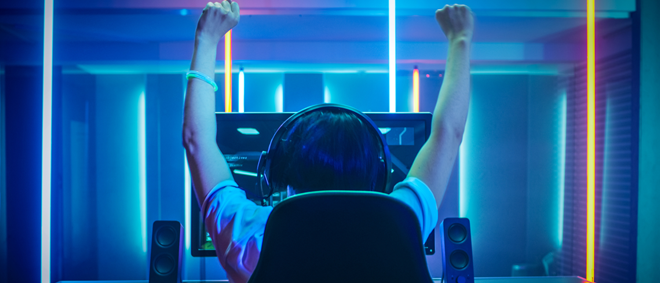When participating in an M&A process involving a video game company, whether you are on the sell-side or the buy-side, there are certain key terms that are included in industry standard commercial agreements that the parties need to keep on their radar. Failure to identify these terms early in the due diligence process can create roadblocks for the parties as they near the finish line, whether that be signing the definitive acquisition agreement or closing the transaction.
Continue Reading Planning for an M&A Transaction: Key commercial terms to look-out for









